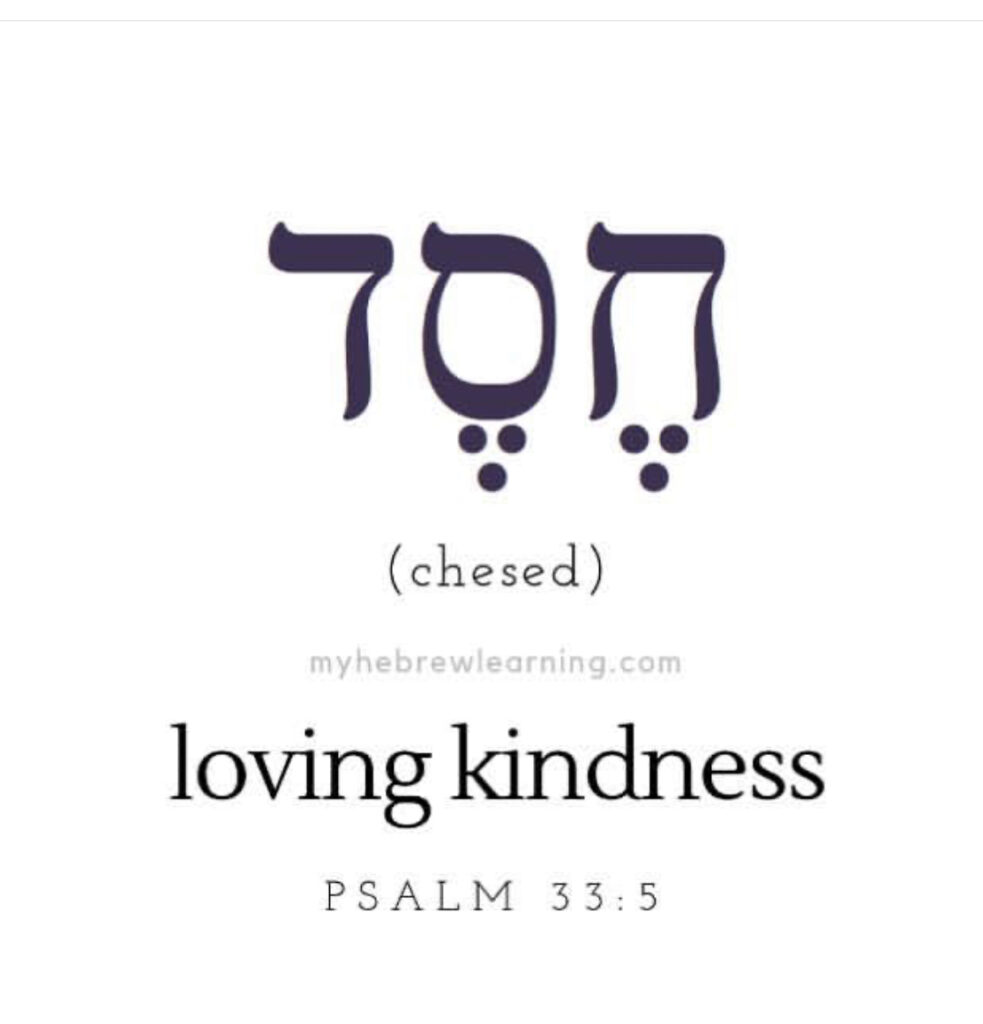
Psalm 63
The background of this Psalm is possibly when David is in the desert of Judah (2 Sam. 15:28; 16:2-14) after been pushed out by his son Absalom who wants to kill him. David is on the run and ends up in the dessert with a cohort of people who are with him.
It is in the desert, thirsty and probably very tired that David says, “O God, you are my God; earnestly I seek you; my soul thirsts for you.” (v. 1) Literally he is so thirsty that all that he can say is that he desires God more than water. His inner being longs for God more than water in the desert. He remembers what it is to have closeness with God in the place of worship. It was there that he was able to see God’s power and glory. He wants this now. This led to David to say that God’s lovingkindness is better than life. This part has caught my attention many times. Why would David say this? We all want to live, to have life. Isn’t desiring life better than anything else?
David says that it is God’s “lovingkindness” that is better than life. This word is key here. The word in Hebrew is “hesed”. It is a word that is very difficult to translate to English. Sometimes it is translated “mercy” or “love”. In Lamentations 3:22, the word is translated “mercy”. It is because of God’s lovingkindness not we are not consumed or destroyed. Part of what this word means is mercy, but the word means more than that. “Hesed” is God’s unwavering love for his people. It is a “committed love”[1] based on a covenant made with his people. The people of Israel were given a covenant with God and so have all of us that have come to believe in Christ. We are part of the New Covenant through His blood. His love for us is forever. Nothing will ever separate us from his love (Rom. 8:39). And this is why to have God’s “hesed” or infallible love is better than life itself. To live life without him is hopeless. We can have nothing, be struggling to make it here or have all that we desire following our own path of “happiness” and satisfaction, but this will all end once we die. Not so, if we have God’s infallible love. We have the “hope of eternal life” (Titus 1:2). We are looking forward to the eternal day (2 Pet. 3:18). Thus, we can unite with David and say, “I will praise You as long as I live; at Your name, I will lift up my hands.” (v. 4). He should be our utmost desire while we live here. Nothing else.
[1] As translated by Alec Motyer in Psalms by the Day: A New Devotional Translation.